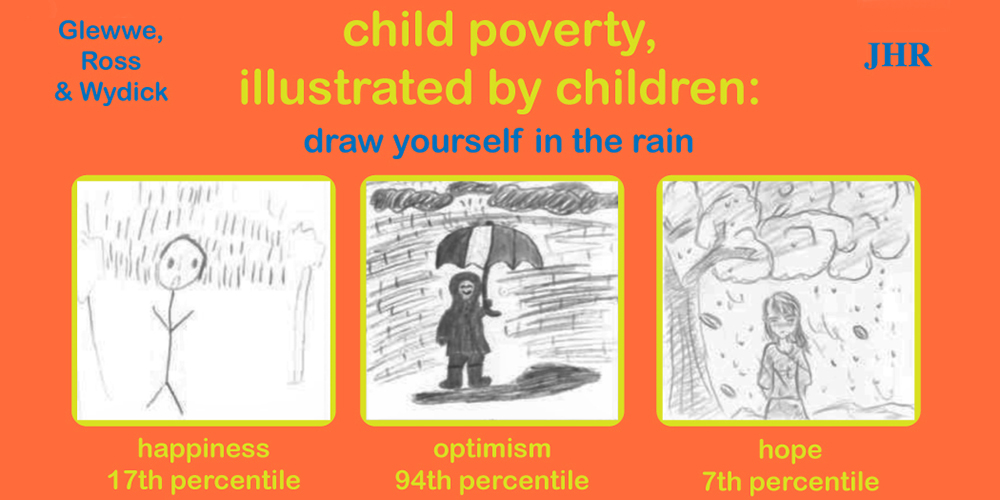School Smoking Bans Effectively Reduce Smoking Behavior
Half of all smokers in Germany report that they started using tobacco at the age of 15 or younger, which makes teenagers one of the most important target groups for anti-smoking campaigns and policies. During the last decade, all 16 German federal states have introduced smoking bans at schools. But do they work? According to researchers Gregor Pfeifer, Mirjam Reutter, and Kristina Strohmaier, we know little about the real effectiveness of anti-smoking interventions specifically aimed at school children, so they studied a large data set to compare populations who had experienced smoking bans with those who had not.
The successive introduction of state-level bans between 2004 and 2008 in Germany allowed them to compare the smoking behavior of students in states that already implemented such a ban with students who were still allowed to smoke at school grounds.
The results confirm that bans targeted at schools are indeed effective in reducing smoking. Students affected by the ban are 14 to 22 percent less likely to become a smoker. Moreover, existing smokers reduce their cigarette consumption by about 19 to 25 percent.
An added benefit is that they found evidence for within-household “spillovers”—individuals who live in the same household as someone experiencing a school smoking ban are about 7 percent less likely to start smoking.
The take-home message is that future anti-smoking initiatives should especially target young age cohorts, which are not yet affected by tobacco as well as its addictive influences and strongly react to health interventions.
Read the full study in the Journal of Human Resources: “Goodbye Smokers’ Corner: Health Effects of School Smoking Bans,” by Gregor Pfeifer, Mirjam Reutter, and Kristina Strohmaier.
***
Gregor Pfeifer (@gregor_pfeifer) is at University College London, University of Hohenheim, IZA, CESifo. Mirjam Reutter is at University of Hohenheim). Kristina Strohmaier is at University of Tübingen.



